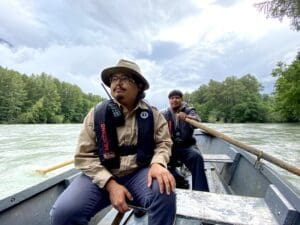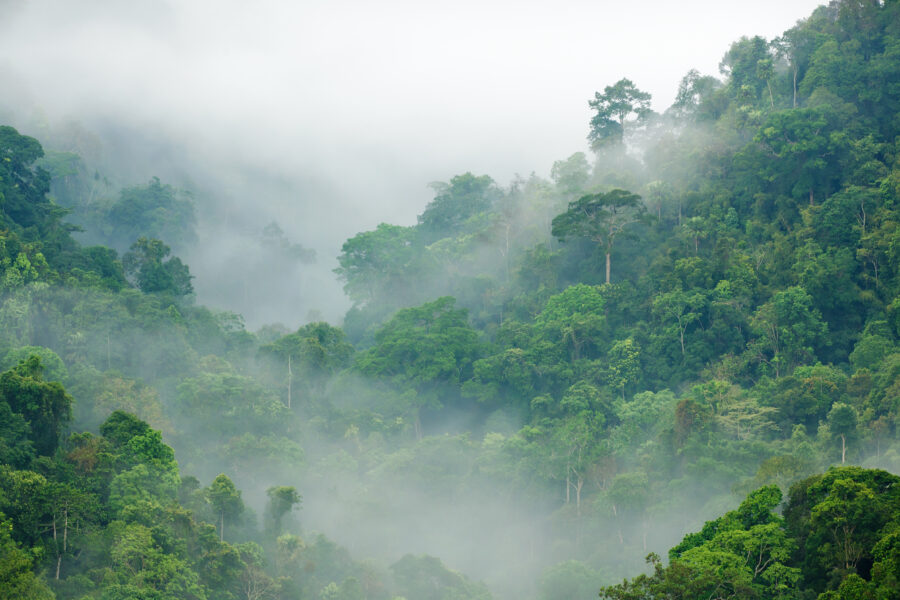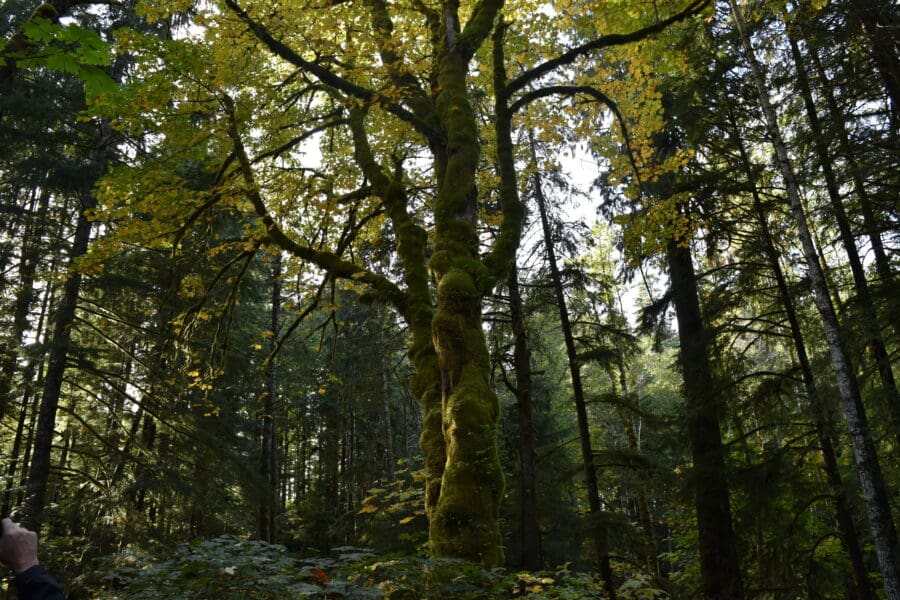Federal legislation enacted at the end of 2020 clears up longstanding tribal claims over water rights in Montana and provides the Confederated Salish and Kootenai Tribes with a historic $1.9 billion windfall.
The settlement, touted as the largest amount ever awarded in a tribal water rights case, paves the way for the CSKT to protect its uses of water in the state while also avoiding expensive ongoing litigation over off-reservation claims against a range of other users, including Montana farmers.
Included in the omnibus budget bill that President Trump signed at the end of 2020, the Montana Water Rights Protection Act establishes a process to permit new uses, recognizes CSKT instream flow rights on and off the Flathead Reservation, and provides funding to the tribe for fish and wildlife habitats.
In exchange, the tribe has relinquished its claims to thousands of off-reservation water rights across Montana. The claims stemmed from the tribe’s contention that the 1855 Treaty of Hellgate, in which the CSKT ceded much of its land to the federal government but preserved its off-reservation water rights, including for fishing.
The $1.9 billion will be placed in a trust fund and used for a range of projects, such as improving irrigation, administration of water rights within the Flathead Reservation, livestock fencing and water distribution.
Jay Weiner, lawyer and of counsel at Rosette LLP who specializes in water rights cases, described the CSKT settlement’s financial windfall as “remarkable.”
“I am genuinely, deeply impressed that they were able to leverage that much money out of Congress,” he said.






